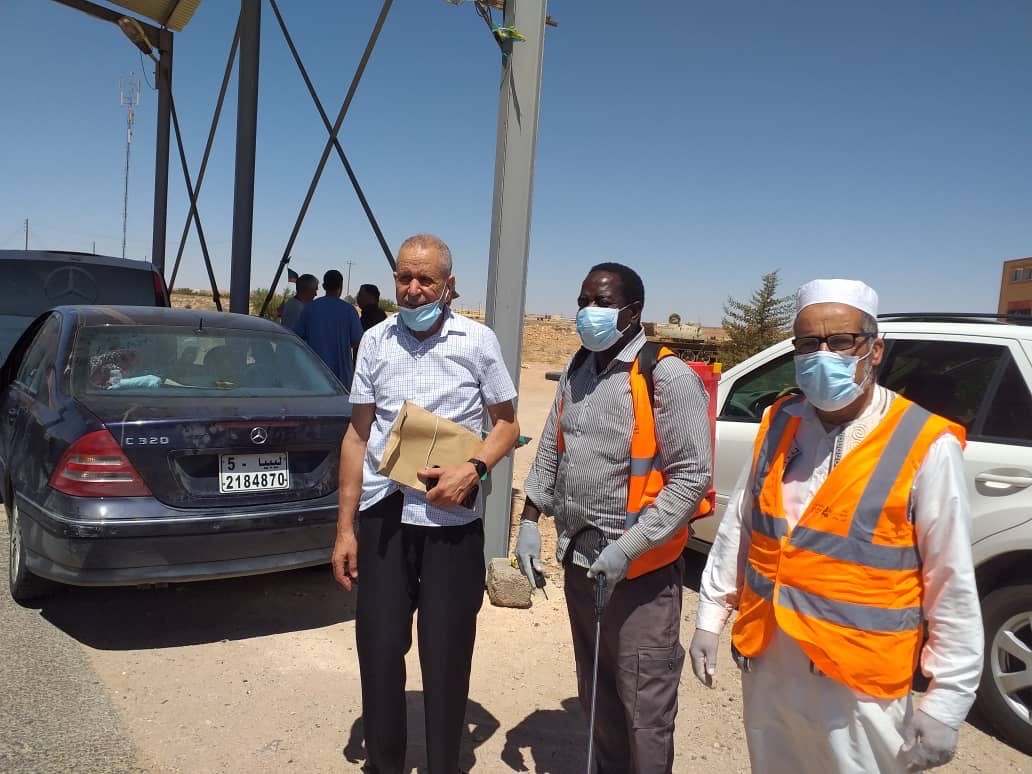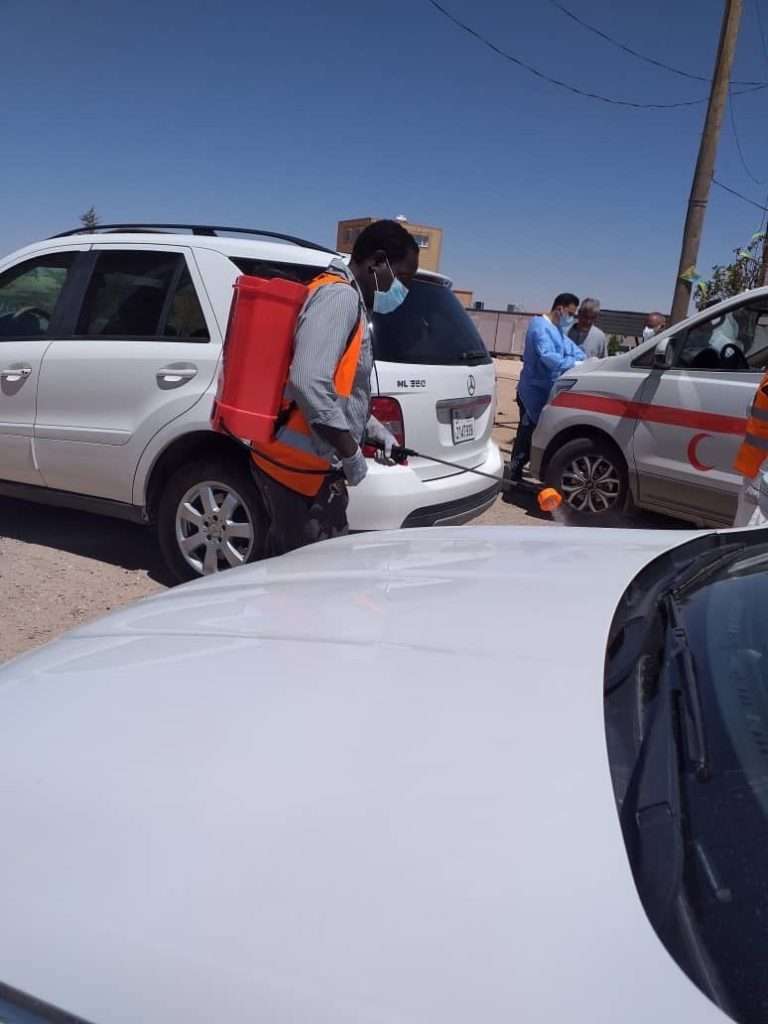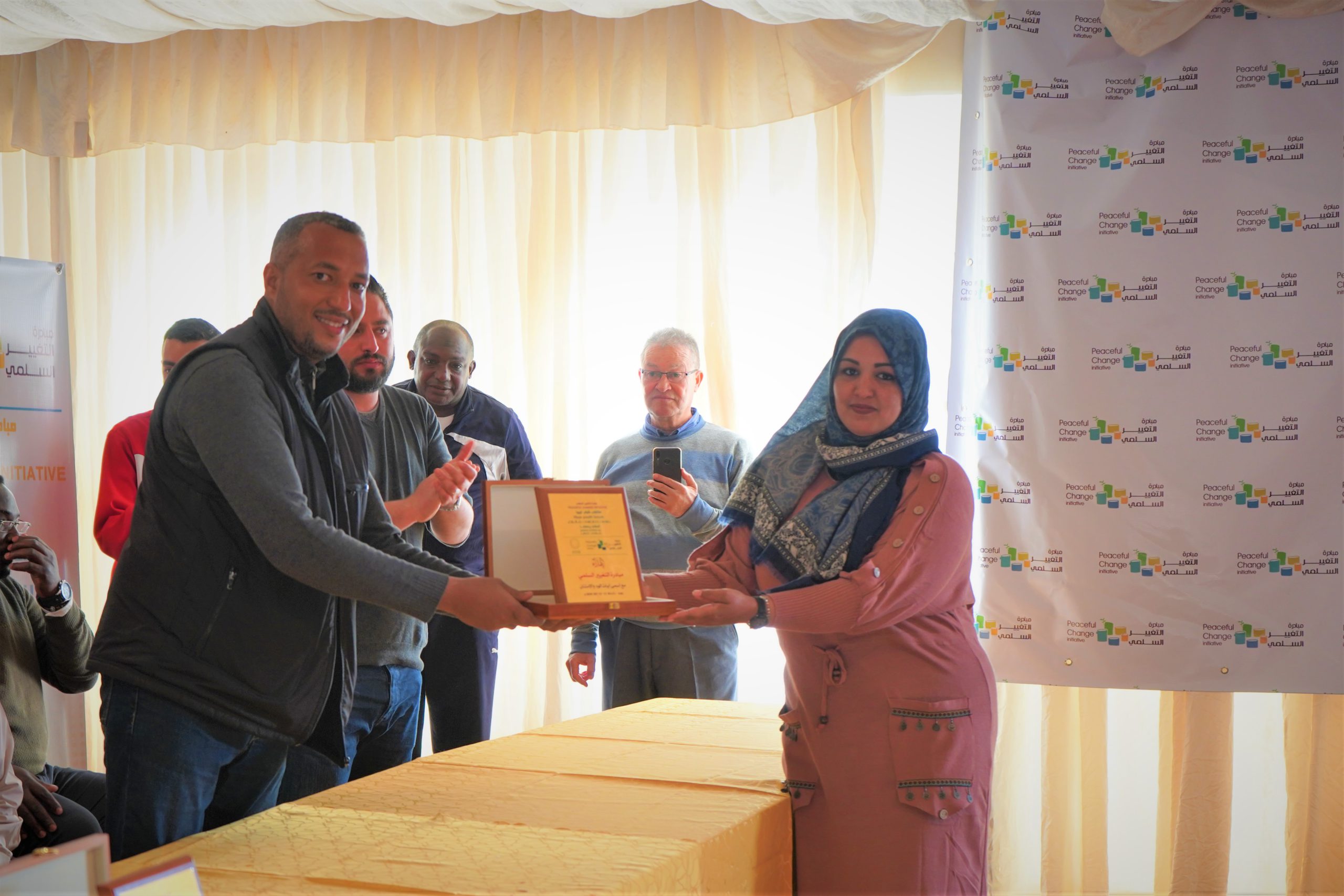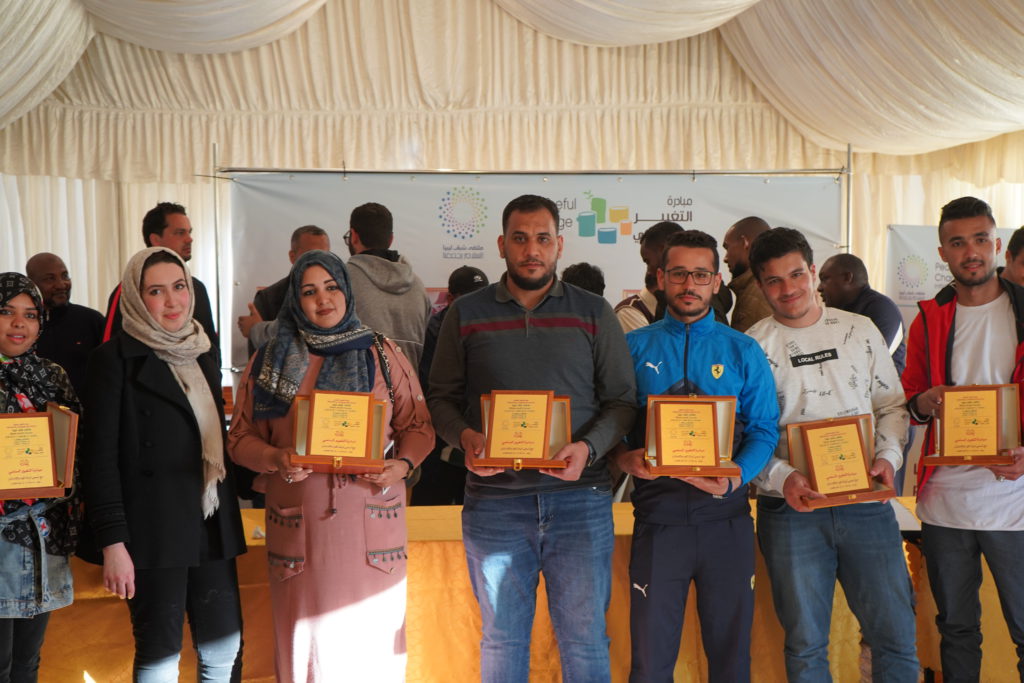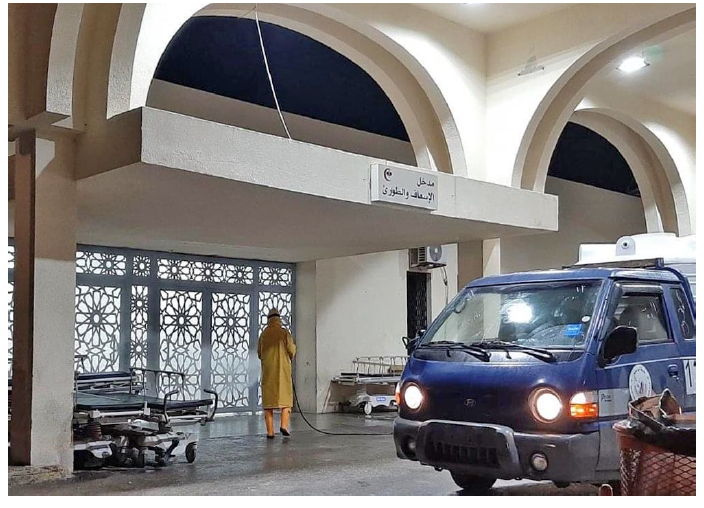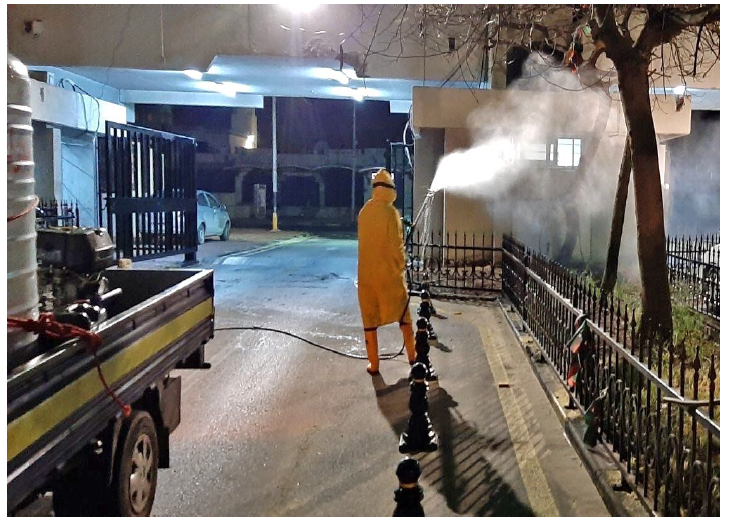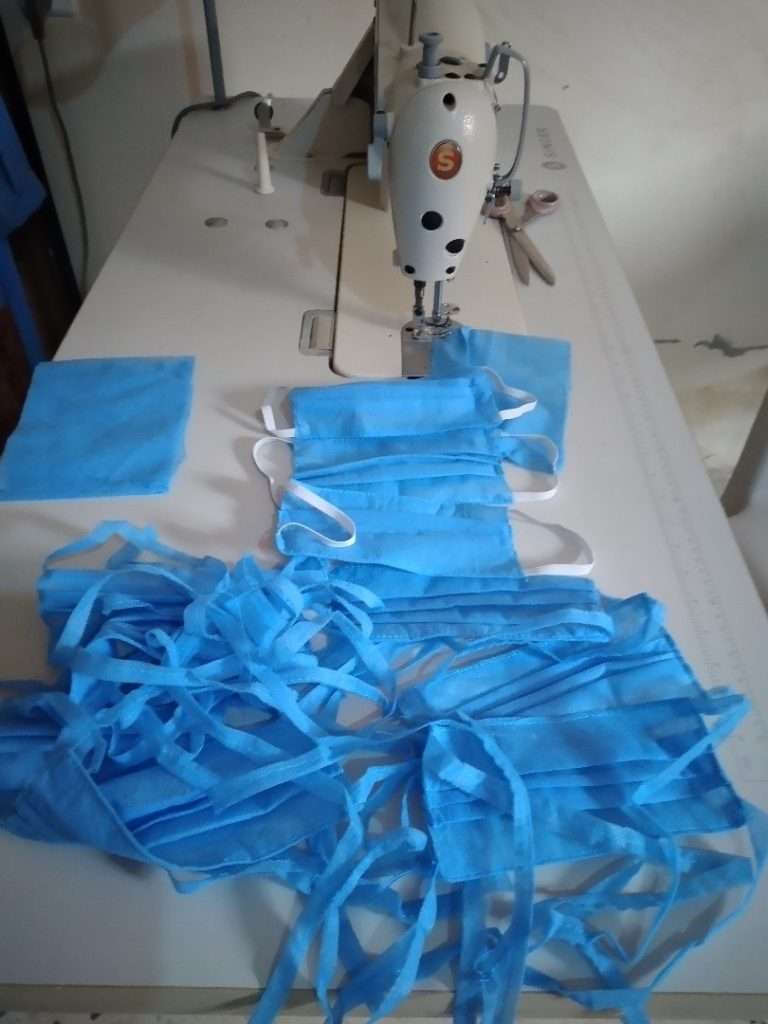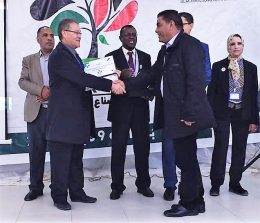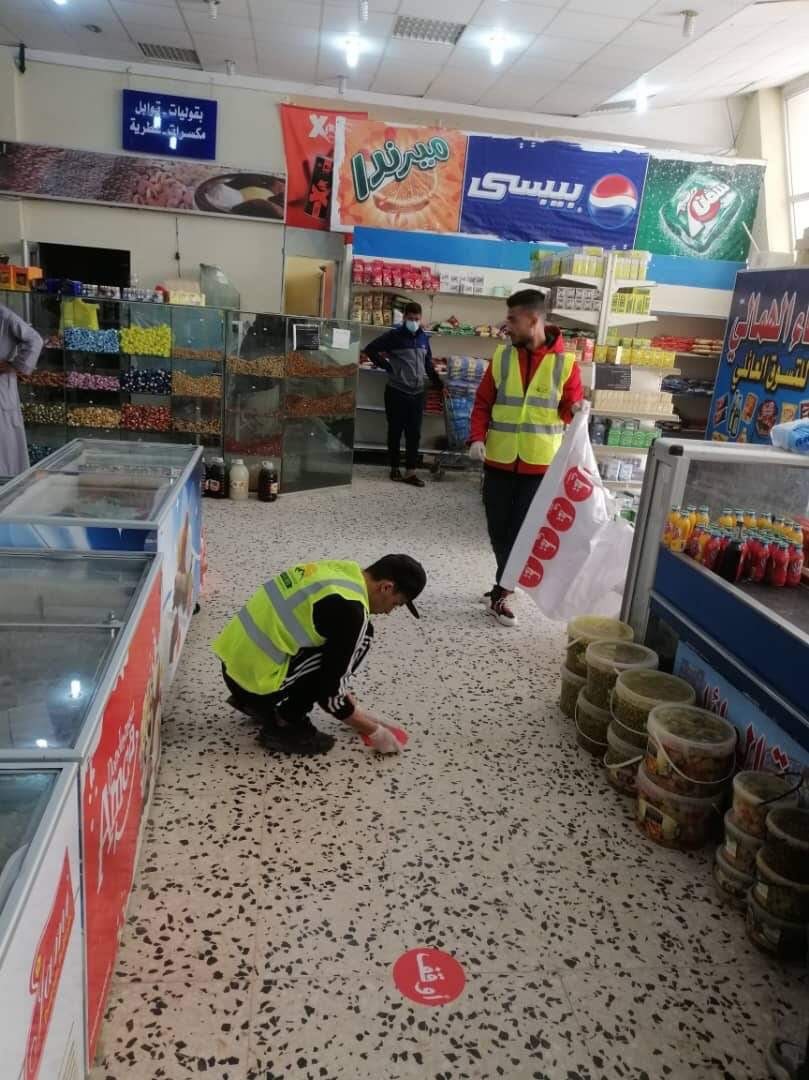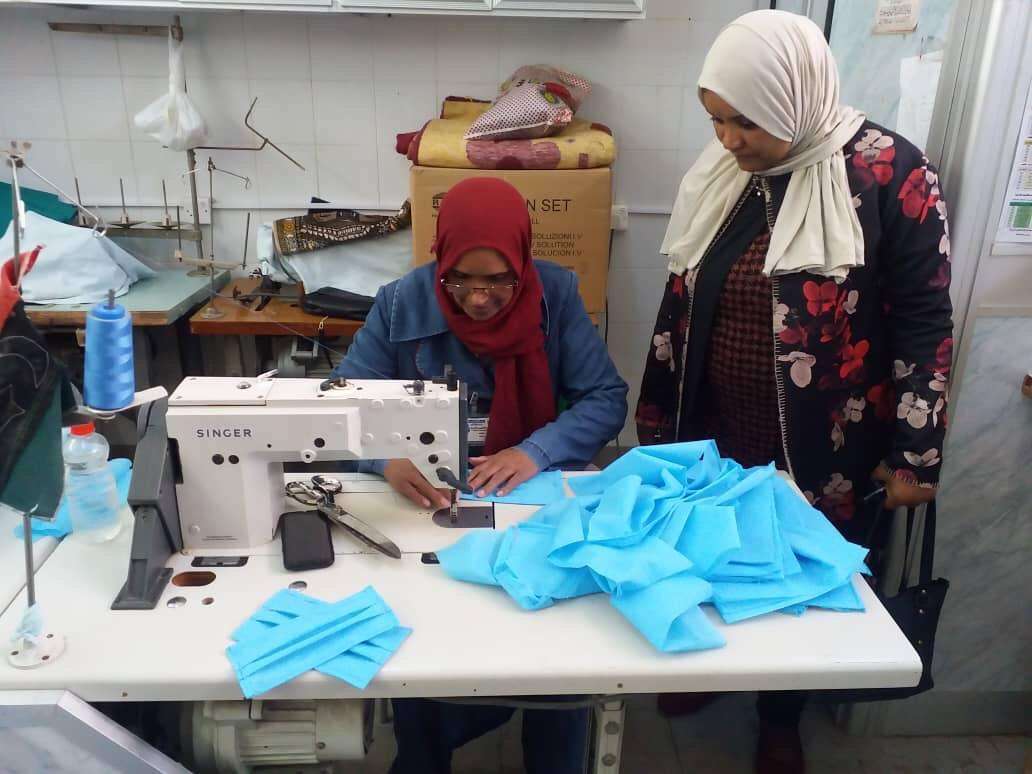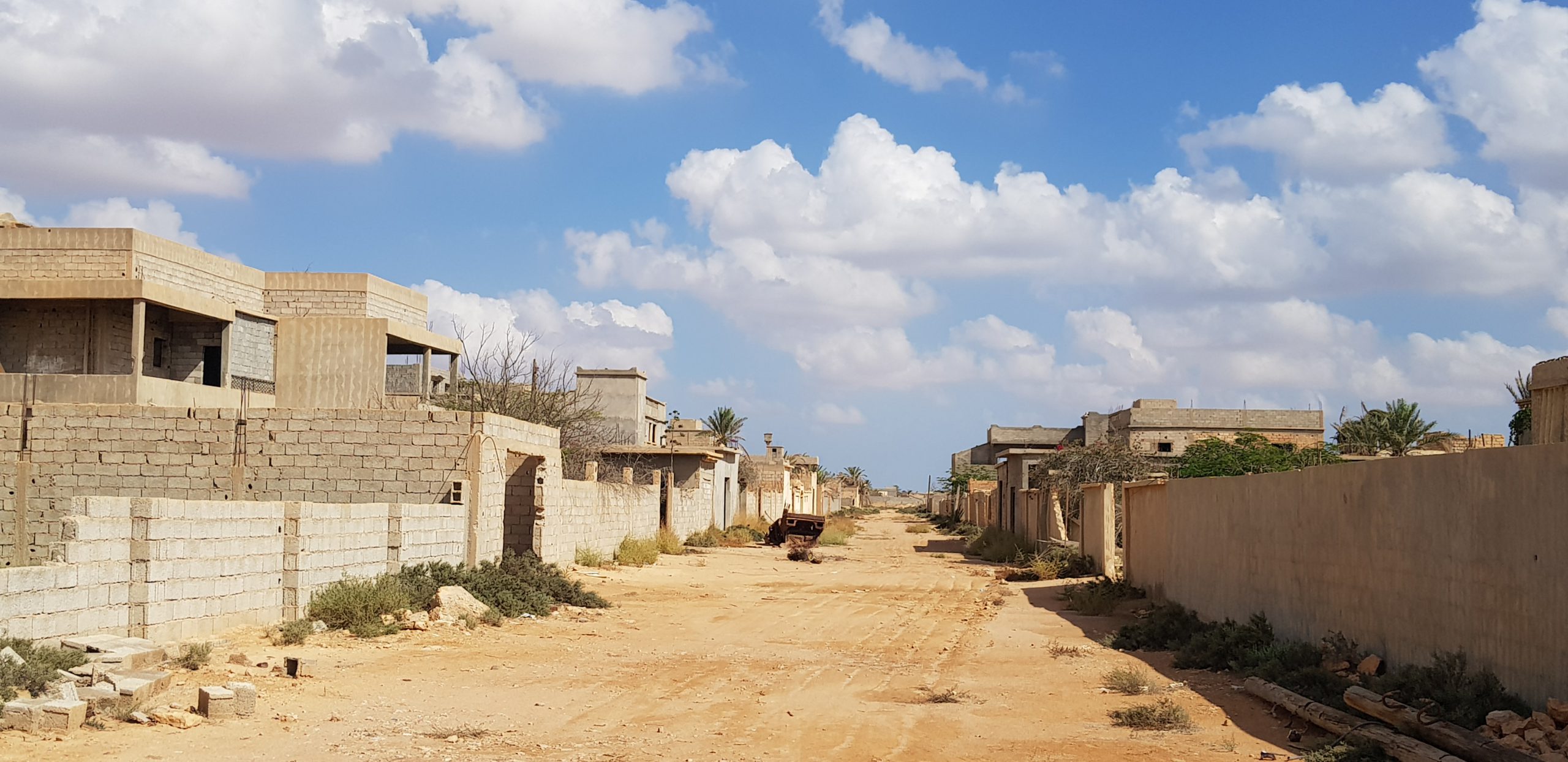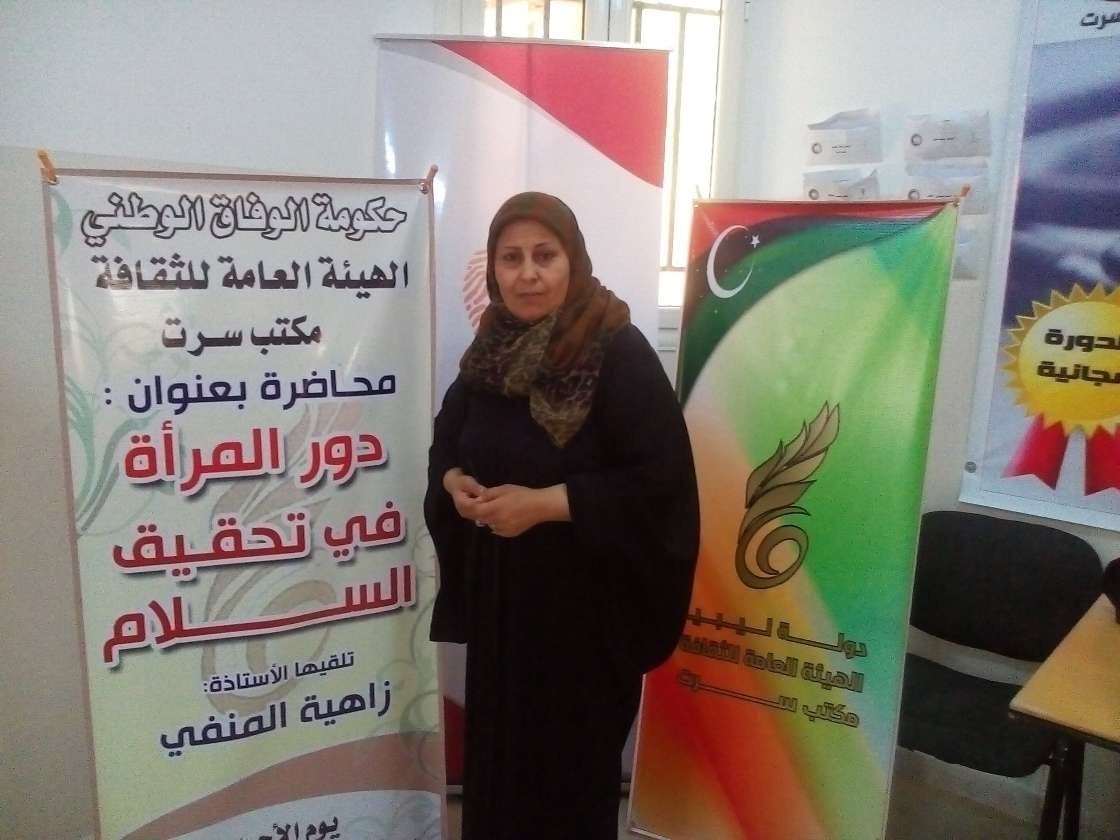
Zahia Ali grew up in a small family where her father was an advocate for women’s inclusion; she was involved in family decision making and she developed a strong character. In 2011, following the outbreak of war, she set up a civil society organisation called ‘Why Me for Women’s Rights’ and increasingly became engaged in peacebuilding efforts, working alongside municipal councils, youth groups, women and even ex-soldiers and fighters.
Historically, Libyan society has relied on problem-solving processes that are led by different tribes, so many communities have limited experience of peacebuilding and community cohesion activities. Peaceful Change initiative is working to strengthen Libyan peace capital (over last six years) by investing in a national resource of 22 Trainer Mentors, 40 per cent are women. Trainer Mentors provide regular mentoring to the Social Peace Partnerships, as well as providing context-appropriate technical skills in conflict analysis, conflict sensitivity, mediation and negotiation, inclusive peacebuilding, gender sensitivity and transformational leadership.
Zahia benefitted from this peacebuilding training, she said: “I see myself as an Ambassador of Peace. The people we work with look to us for hope and to help them address the issues they face in their communities. For me, it is important that peace does not just become an empty slogan but that we convince people through the work we do.”
Zahia was able to use her newly acquired peacebuilding skills to apply for a United Nations Development Programme grant to train young people on conflict resolution and reconciliation, in the towns of Zintan, Mashashiya and Kikla. Conflict in Libya is often seen as a national issue but it has also sparked a number of smaller conflicts, rooted in decades-old grievances and tensions, leading to outbreaks of violence and displacement.
Zahia explains: “No person has been working with the people in these towns, I felt it was important to target them. While a peace deal was signed between all three towns, it was just ink on paper. I wanted to activate this deal in order to achieve results on the ground and see the people standing together, side by side.”
Zahia travelled to each town regularly and spent time with the people to build rapport and trust. She said: “I had to gain the trust of the youth by showing them that I was working for their interests and not my own. I did this by allowing them to get to know me and I was transparent with them. I learned about their vision for the future and what I could contribute to it. I was also alert to each context, and what works in each community”
Zahia managed to bring the youth from the three towns together for a peacebuilding conference. She said: “They all wanted the conference in their area but I felt that it would be best to conduct it in a neutral place to avoid tensions. For this reason, we held the conference in the town of Jadu.”
Inspired through her work with Peaceful Change initiative, Zahia expanded her women’s rights activism beyond the larger cities, to rural areas, where women are noticeably excluded from political life. Zahia said: “Libyan women are connected across the country by common things we share in our society. They are able to work in local communities and I want them to plant the seeds of change in every place they live, even if they are not around to see the seed grow.”
While the scale and impact of Zahia’s work is often not visible to the human eye, her dedication and commitment seeps into the heart of the communities where she works; Zahia is a catalyst for positive change.
Peaceful Change initiative works in support of UNSCR 1325 which promotes women’s equal and full participation as active agents in peace and security. Please click here for more
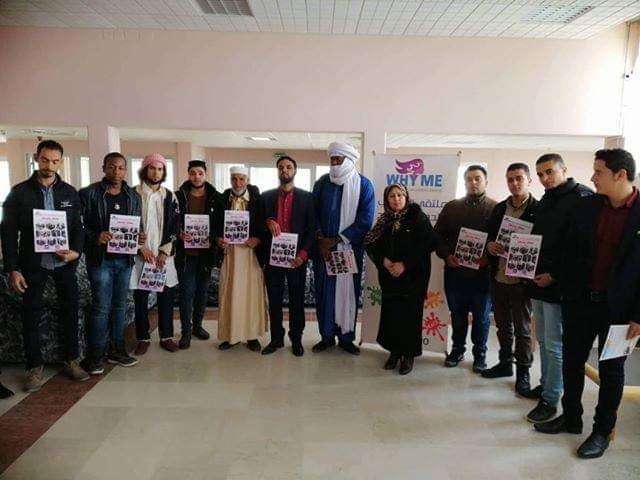
youth from Zitan, Mashashiya and Kikla



